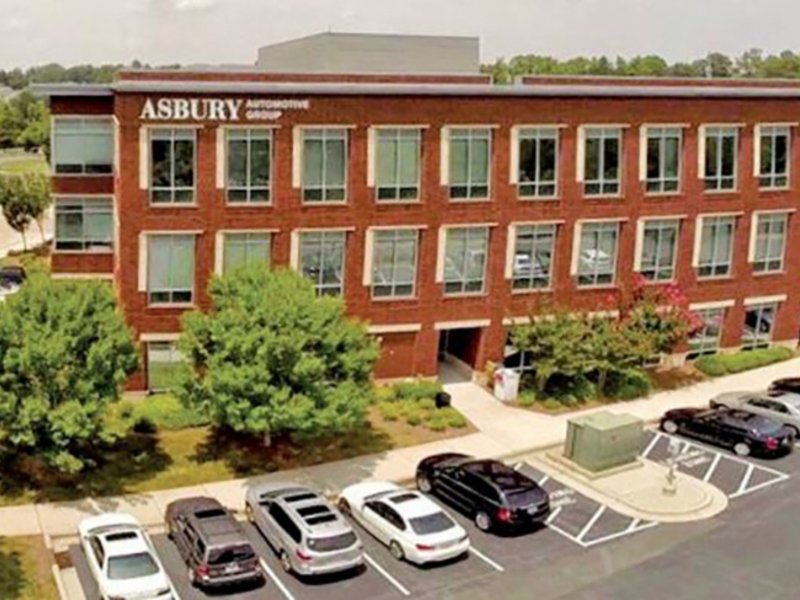
Amid the confusion of the coronavirus pandemic, U.S. auto retailers are pushing off expenses such as dealership purchases to the second half of the year. Asbury Automotive Group Inc. didn’t have the luxury of postponing what would have been its largest acquisition ever and one of the industry’s largest deals in a decade.
For the Duluth, Ga., dealership group, which on March 24 terminated its planned $1 billion acquisition of most of Park Place Dealerships in Texas, the cancellation came down to time constraints related to the deal’s financing arrangements.
“The last thing I wanted to do was cancel that deal,” Asbury CEO David Hult told Automotive News on Friday. “We would have prolonged the closing and finished the deal at some point. But it wasn’t a traditional buy-sell situation.”
The largest piece of financing for buying Park Place came from a $525 million bond that required the deal to be completed before April 30, according to Asbury officials.
A variety of private backers, including hedge funds, invested in the bond, which was underwritten by a group of large U.S. auto lenders. The only way to extend the April 30 deadline was for each contributor to sign off on postponing the sale. But when the coronavirus outbreak drastically slowed auto sales and shuttered showrooms across the country in a matter of weeks, such an extension was off the table, Hult said.
“No one would have signed off on it,” he said.
Largest-ever deal
Asbury, the nation’s seventh-largest new-vehicle retailer, announced in December that it had signed asset purchase agreements to buy 10 dealerships representing 17 new-vehicle franchises from Park Place Dealerships. The stores included many top national performers in the Dallas and Fort Worth markets.
The deal had been slated to close at the end of March, a month before the financing was to expire. Asbury also aimed to facilitate the Park Place purchase by tapping into a mortgage loan facility and a senior credit line to floorplan the Park Place vehicle inventory. Those elements, too, would need to be extended to postpone the transaction.
But March did not go as planned. Asbury, instead, pivoted to crisis mode.
“We had to give the money back,” Hult said.
Terminating the sale
Asbury terminated the acquisition about a week before the deal was set to close. It was the right thing to do, Hult said.
Asbury officials informed Park Place founder and owner Ken Schnitzer that the deal was off. By that time, a number of states were under stay-at-home orders, and the automotive sales and service business had fallen drastically. Asbury paid Schnitzer $10 million in damages for terminating the deal.
“I believe all we have is our reputation. I didn’t want to string him out,” Hult said.
Asbury repaid the bond to investors, and the mortgage facility and credit line were dissolved. There are no plans to reopen the deal with Park Place, though Hult said he believes that Asbury has demonstrated its ability to handle an acquisition of that scale.
“Our sole focus was to successfully close with Park Place. We’ve shown we could get the bond. We had the road map in place,” Hult said.
Asbury ranks No. 7 on Automotive News’ list of the top 150 dealership groups based in the U.S., with retail sales of 105,243 new vehicles in 2019.